Get ready for potty training by checking health, modeling toilet usage, and making sure you have support before you start. Get 10 tips in this blog.
10 Expert Tips for Toilet Training With Disabilities
-
 By Anne G. Bragg
By Anne G. Bragg - Sep 17, 2025
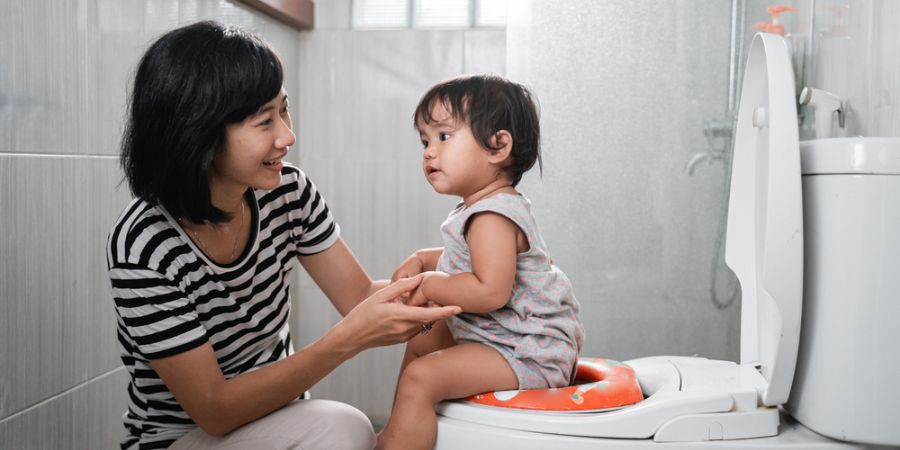
 By Anne G. Bragg
By Anne G. Bragg 
Get ready for potty training by checking health, modeling toilet usage, and making sure you have support before you start. Get 10 tips in this blog.
 By Anne G. Bragg
By Anne G. Bragg 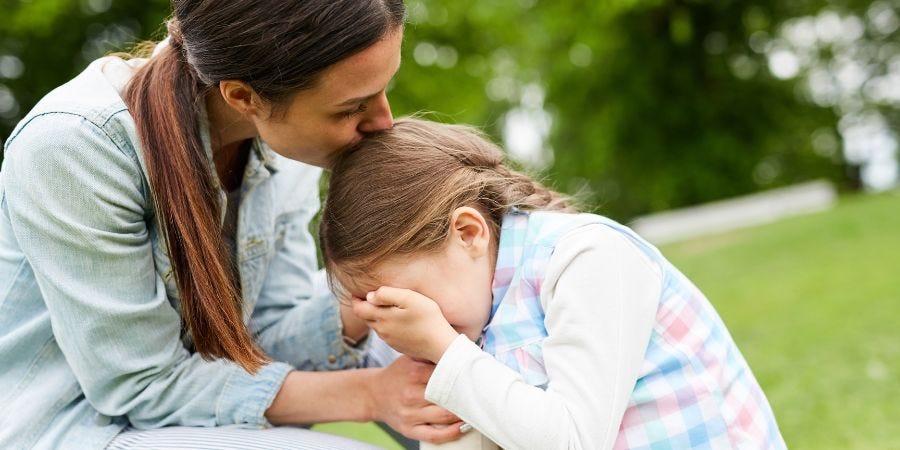
Learn to recognize triggers of autistic meltdowns, how to differentiate them from tantrums, and provide effective support for your loved one in this article.
 By Marlee Septak
By Marlee Septak 
 By Marlee Septak
By Marlee Septak 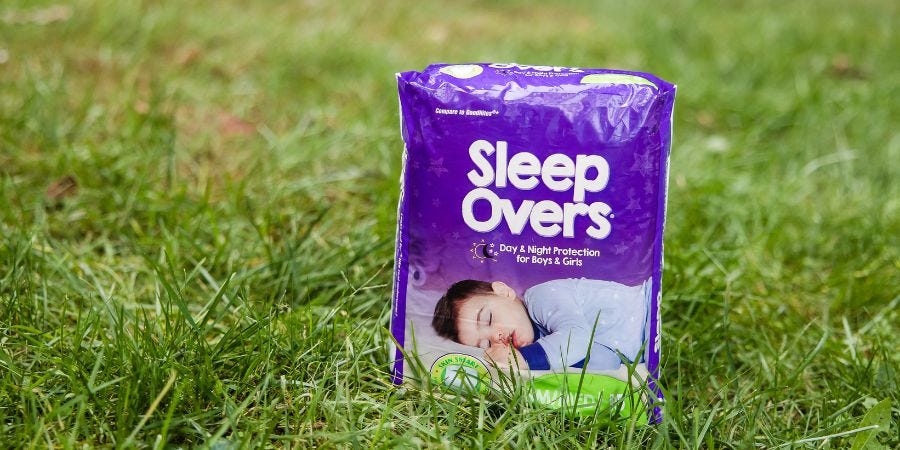
Discover how Cuties® SleepOvers® Pull-Ups provide comfort, protection, and confidence for older children with nighttime incontinence, especially those with special needs.
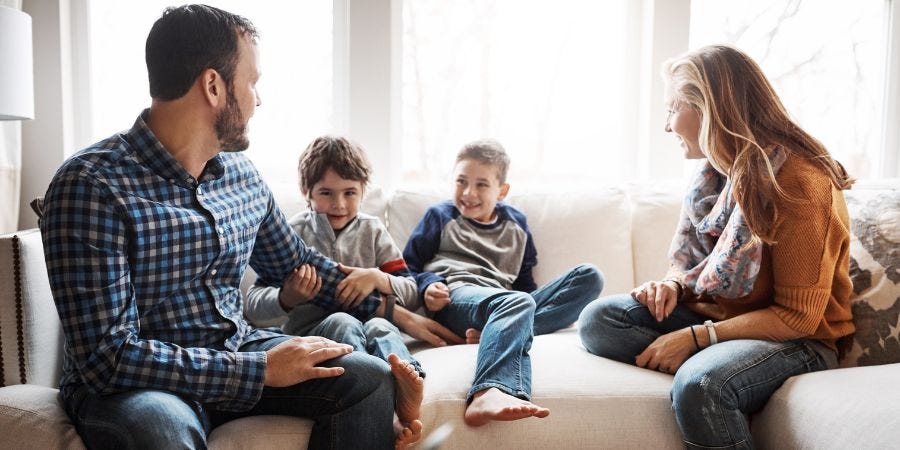
Discover practical tips for teaching self-care to children with autism. Learn from parents Marc Orem and Camille Joy as they share insights on toilet training, hair care, dressing, and more, while emphasizing the importance of parental self-care.
 By Marlee Septak
By Marlee Septak 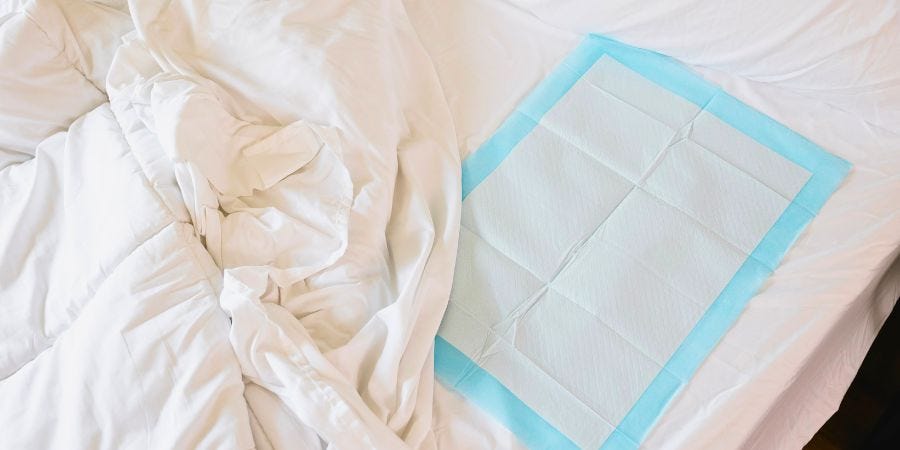
Teenage bedwetting can take a toll on your loved one’s mental health, but in most cases, the condition is treatable. Get tips from our Medical Advisor, Samantha Eaker, on how to help your child.
 By Marlee Septak
By Marlee Septak 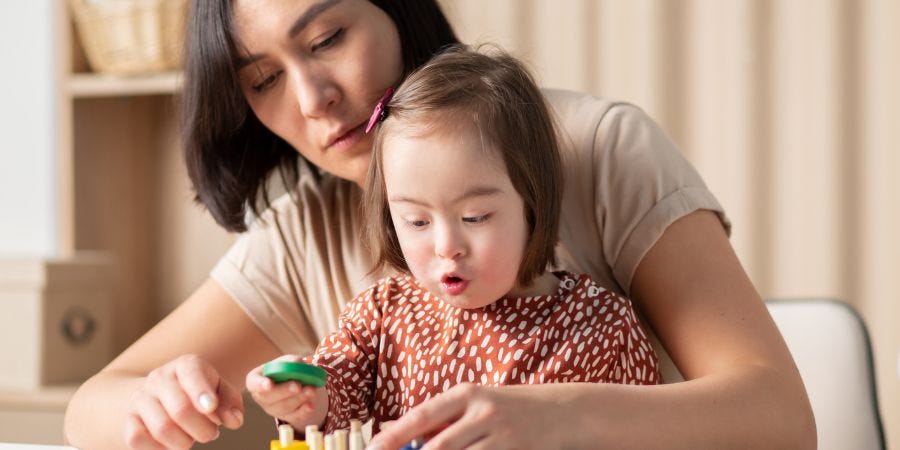
1 in 3 US families can't afford diapers and pull-ups for their children, and more families raising children with disabilities struggle to afford incontinence products their kids require. Read how the diaper gap affects children with and without disabilities.
 By Marlee Septak
By Marlee Septak 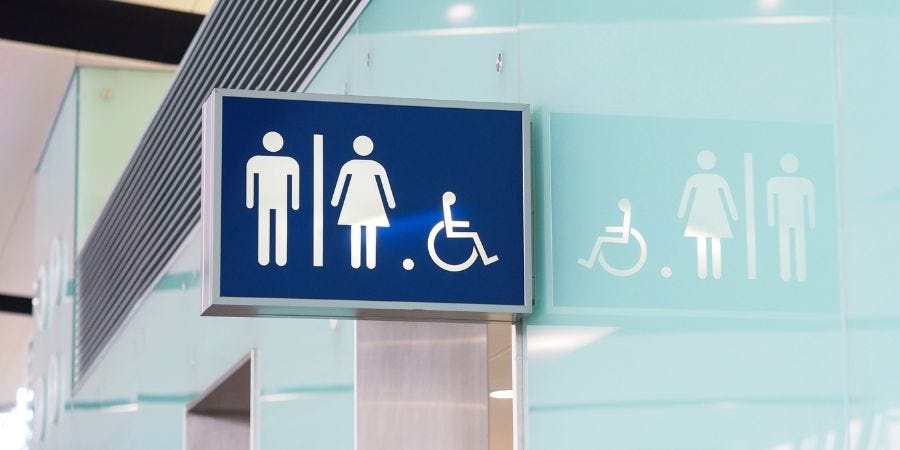
Ally’s Law, also known as the Restroom Access Act, can help ensure you have access to restrooms in public if you have bladder or bowel control issues.

Down syndrome is linked to delayed potty training and in some cases, incontinence. Learn how to get your little one potty trained easily!
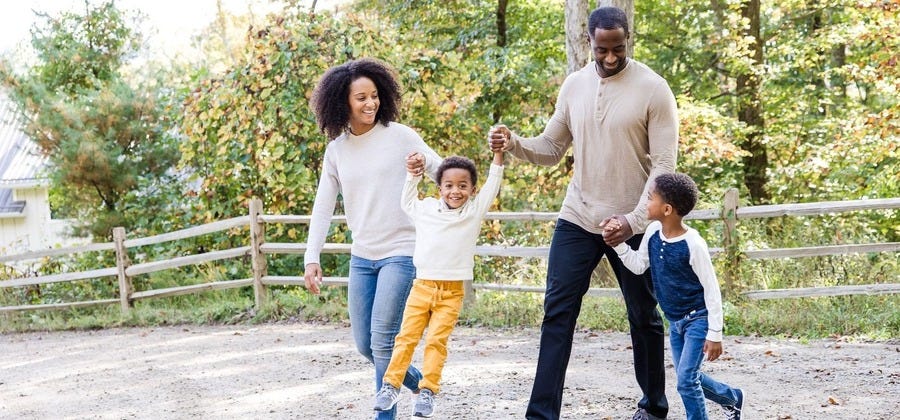
Managing autism already comes with its own set of unique challenges. On top of that, children with autism are more likely to have incontinence. Autism and incontinence may seem overwhelming at first, but there are proven ways to manage autism in incontinence without having to make drastic changes to your daily routine.